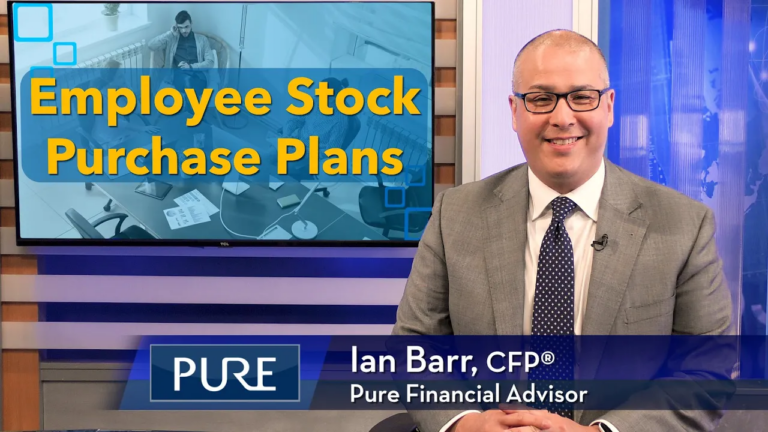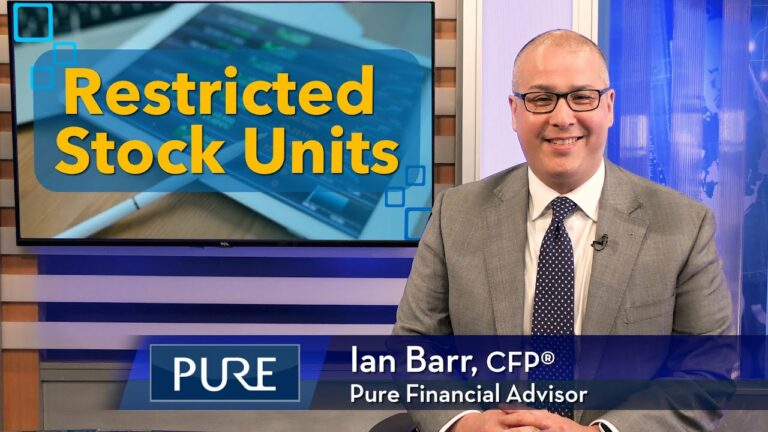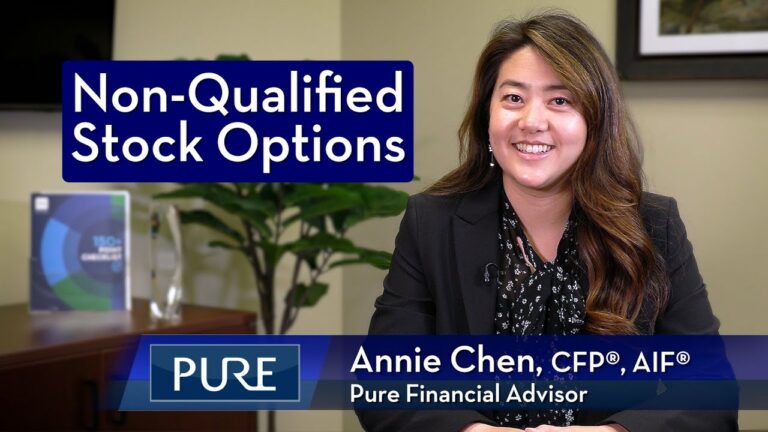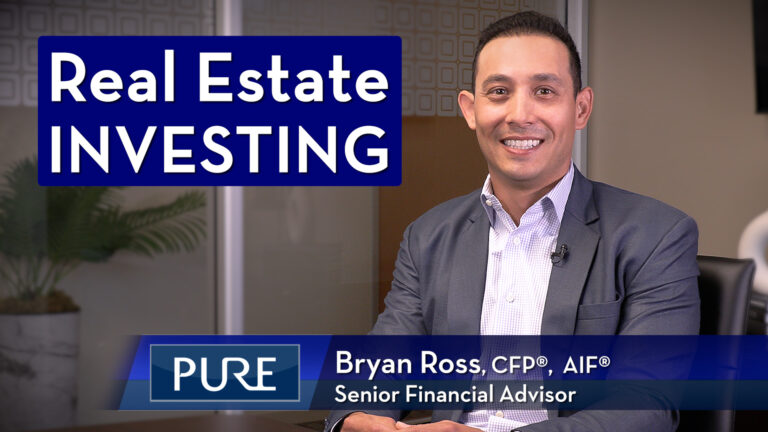When it comes to deciding if you should buy bonds in your investment portfolio in 2020, we could talk about the economy, the political environment, the supply of new bonds, and whether or not that will cause interest rates to go up and down. But in this video, Pure Financial Advisors’ Director of Research, Brian Perry, CFP® explores some better questions to ask when it comes to deciding whether to own bonds in 2020.
Transcript:
Bonds are not exciting. Let’s face it. Stocks, maybe they’re exciting. Real estate can be exciting and interesting. Bitcoin, cannabis stocks – exciting. Maybe not good investments, but exciting. Bonds, boring most of the time, but that’s by design. Your bonds, if properly allocated, should be the dull part of your portfolio. The way I always think about it is the old Aesop’s Fables tale of the tortoise and the hare. You own stocks and assets like that. They’re the hare. That’s the growth portion of your portfolio. Bonds are the turtle. You want stability there, you want safety, and you want income.
And so the question of whether or not to buy bonds in 2020: we could talk about the economy and what that’s going to do, and the political environment, and the supply of new bonds and whether or not that will cause interest rates to go up and down. But really, the better question is do you think it makes sense to have a diversified portfolio in 2020? Do you think it makes sense to have safe assets as well as more aggressive assets in your portfolio in 2020? Do you want some assets that potentially will hold their value or perhaps even rise in value if stocks fall? If so, then you want bonds in 2020.
So looking out at the landscape, a lot of different things could happen in 2020. We could have a really strong economic year. The economy could grow inflation could inch higher. If that happens, the Federal Reserve will probably begin or continue to raise interest rates. In that environment maybe bonds will fall.
You’ve all probably heard about the Bond Armageddon or “Bondageddon” as some people call it, this disastrous scenario in which bonds are going to implode in value, and a lot of times a pundit will come on TV and say, “Hey, if you buy a bond, a 30 year Treasury, and interest rates go up 2 percent tomorrow, you’re going to lose 40 percent of your value.” And that’s true. But here’s the thing: nobody actually owns one 30 year bond. That has a lot of interest rate exposure and a lot of risk. What most people own is a diversified portfolio, maybe a mutual fund or a collection of individual bonds. Maybe the average maturity of that portfolio is three years, four years, five years, six years. That portfolio, if interest rates go up 1 percent, might fall a few percent in value, but then you’re gonna have income coming in. So the volatility from a more measured bond portfolio just isn’t that great. And in fact, the worst year bonds have had in the last 15-20 years, they’re down a couple percent. 2018, a year in which interest rates rose pretty significantly, bonds were down, yes. They were down 0.05%.
Think about those kinds of volatile moves: down 0.05% or even down two or three percent as bonds have experienced in their worst year since the 1980s. I’ve given presentations and filmed videos where stocks fell that much during the course of my talking – and I’m not that long-winded! Stocks are way more volatile. But bonds are stable. And bonds, they don’t provide as high of returns as stocks because you’re not taking as much risk.
So in 2020 will you get as much return from bonds as you will from stocks? I don’t know, it probably depends on what stocks do. But bonds have had a pretty good 2019, as of this recording, up over 7 percent. So that’s a great year in the bond market for high-quality bonds. Will we repeat that? Perhaps, perhaps not. The only way to get those kinds of returns is if interest rates come down. Over the course of the last 12 months, interest rates have come from around 3 percent on the 10 year Treasury to around a little under 2 percent. So a significant decline in interest rates on the 10 year Treasury, which has led to higher bond returns.
Crystal ball lacking, we can look at your portfolio and what you’re trying to accomplish, and if you want assets that will provide some stability, then you probably want bonds in 2020. If you want some income from your portfolio, then you probably want bonds in 2020. If you’re afraid of uncertainty in 2020, whether that’s the Middle East or the economy or what the Federal Reserve might do – I’ve heard a rumor there’s a presidential election next year – so if you’re worried about that, times of turmoil in the external environment often lead to what’s referred to in the financial markets as a “flight to safety.” When investors are afraid, they tend to buy high-quality bonds, and a lot of times in a temporary moment of crisis, high-quality bonds are the only asset going up in value. Again, that’s not a guarantee, but historically, that’s often been the case. So maybe it does make sense to have bonds as protection in your portfolio.
The takeaway would be that, yeah, if you want diversification, safety, income, stability, and some sort of insurance in your portfolio, it probably makes sense to own bonds in 2020. But of course, the devil is in the details. What kind of bonds? Here at Pure Financial, our view is that you own stocks for growth and you own bonds for stability. So we focus on short to intermediate-term, high quality, investment-grade bonds. There’s nothing wrong with other kinds of bonds. They’re just different tools for different jobs. But again, you want to consider what kind of bonds you have, because as with any investment, you can take more or less risk depending on what you’re trying to accomplish.
But the bottom line is, of course, it all comes back to your personal circumstances what your required rate of return is in order to meet your financial goals and what your investment policy statement and financial plan says. But my guess is that, for the vast majority of people out there, owning some bonds in 2020 will continue to make sense.
For more on this or any other topic visit us at PureFinancial.com.












